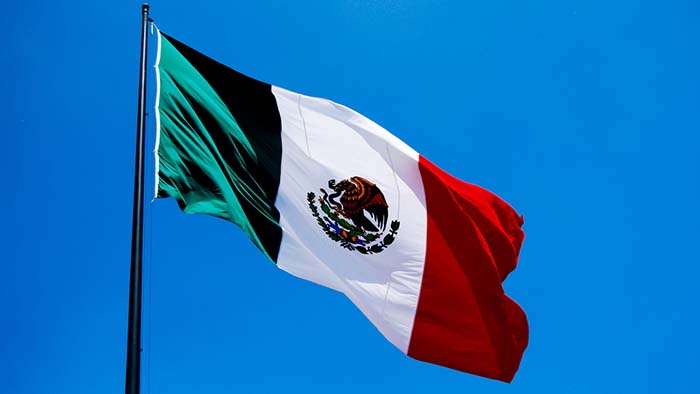The official said that although the Treaty between Mexico, the United States and Canada (T-MEC) could attract investment from several nations, the country should not forget the capital of China.
“If we want to remain competitive, we need to find ways that the Chinese investment will also come to Mexico, because we need to complement trade flows and i IMPORTS we do in China, we need to bring to the region for China to continue to participate in these commercial flows, “he said in the framework of the Liánméng 2019 Forum.
De la Mora considered that Mexico should promote this type of mechanism with China and other countries to strengthen the country and, in some way, “face the protectionism that comes from the United States at this time.”
“We are seeing that the way in which the United States is conducting its commercial policy is generating situations where we are seeing job losses , costs that are likely to result in lower growth of the world economy, of the US economy, but also we have to see the positive side, this is also opening opportunities for Mexico, “said the undersecretary.
The official said that by having a new commercial legal framework with the US and taking into account the protectionist policies of the northern neighbor, Mexico is in the ideal position to become the world’s production and exportplatform and from China to the Union. American
“Mexico managed to negotiate, perhaps in onerous terms, but at the end of the day we reached an agreement with clear rules , and ideally positioned to be the world’s production and export platform to the US, so I think this is also an opportunity to that between China and Mexico we seek to reinforce those bonds and that shared production that we need so much and that I also believe our economies deserve, “he said.
China’s investment in Mexico between 1999 and September 2018 totaled $ 43 million , which represents only 0.2 percent of all Foreign Direct Investment that arrived in that period.
For Mexico, China is its second commercial partner worldwide; the fourth destination for national exports; and the second supplier of Mexican imports.
Likewise, 47.5 percent of Mexico’s trade with partners with which it does not have free trade agreements is with China.
“We do not have an FTA (with China) and this puts us much more restrictive rules in our mutual trade in agricultural, health, regulatory , etc., so we need to seek to build an agenda, and that is my responsibility and I assure you that we are going to work with the Chinese authorities to seek to improve that regulatory aspect that allows us to have greater fluidity, “said de la Mora.













